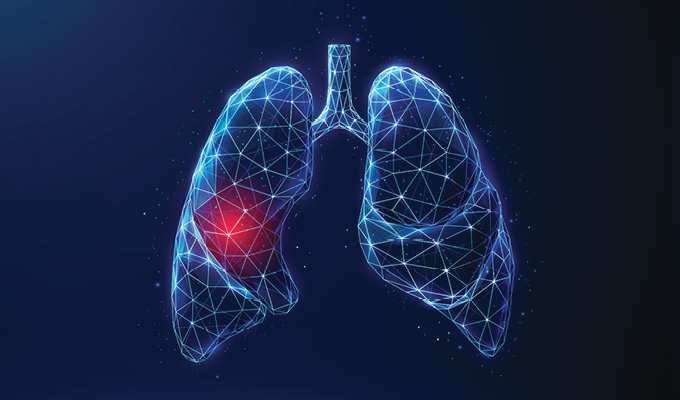Dr. Marc Gotkine, a neurologist expert is currently the founder and head of Hadassah's ALS Clinic. He established the multidisciplinary Hadassah ALS clinic in 2008, which serves as a clinical and research centre for ALS. A specialist in neurology, he specializes in ALS and neurological diseases that affect muscle strength. He is also an ALS researcher at the clinical, genetic and laboratory level.
Dr. Marc Gotkine received his medical degree in King's College London before completing a residency in Neurology at Hadassah University Hospital in Jerusalem, where he now works as a senior neurologist.
After spending 17 seasons with the New York Yankees, slugger Lou Gehrig was forced to stop playing the game he loved. He was suffering from a neuromuscular disease called amyotrophic lateral sclerosis and, on July 4, 1939, he announced his retirement from baseball. “I consider myself the luckiest man on the face of the earth,” he told a sold-out crowd at Yankee Stadium. “I might have been given a bad break, but I've got an awful lot to live for.” The crowd gave him a standing ovation and, as the New York Times reported the next day, it was "one of the most touching scenes ever witnessed on a ball field.”
Gehrig passed away two years later at the age of 37. His battle with ALS brought so much attention to the little-known illness that it’s now more commonly referred to as Lou Gehrig’s disease.
At Hadassah Hospital in Jerusalem, Dr. Marc Gotkine has been working tirelessly to understand the root causes of the disease. What’s more, he and his colleagues are using the latest medical technology – from stem cell research to gene therapy – to discover ways to help slow down the progression of the disease. And in the next decade, he foresees using a combination of drugs to extend the survival rate of patients with ALS.
“I think the approach will be a cocktail approach,” Gotkine told us when we interviewed him for this month’s episode. “So, similar to HIV and AIDS or in oncology where you find one drug, then you find another drug – it's going to be that every time we find something that can slow down the disease, we'll add it to the cocktail.”
Gotkine’s research is particularly fruitful and has drawn international attention because of the unique geography of his practice. In Israel, the tight-knit Jewish and Arab communities have both provided him access to ALS patients who are related to someone on their own family tree – like two cousins who married. Known as consanguinity, it offers a wealth of information for doctors studying diseases.
“I have patients from Saudi Arabia who end up coming here,” Gotkine explained. Some of his current research involves a family from the Palestinian Authority who have come to Hadassah Hospital. “Actually there were a few members of the family who unfortunately were affected and have passed away from ALS, but they were very forthcoming in helping us with our research.” He added: “I think that the opportunities that I've had in Hadassah have been incredible.”
In this episode with Dr. Gotkine, you’ll hear about:
- What causes ALS?
- The cutting-edge research that Hadassah is working on in this field
- Why triathletes and other endurance athletes are particularly prone to ALS
- And much more!
Further reading:
- Doctors confirm that ALS patients with positive attitude feel less pain
- Gut microbes may affect the course of ALS
“Hadassah On Call: New Frontiers in Medicine” is a production of Hadassah, The Women's Zionist Organization of America. Hadassah enhances the health of people around the world through medical education, care and research innovations at the Hadassah Medical Organization. For more information on the latest advances in medicine please head over to hadassah.org.
Subscribe to our podcast on iTunes, Google Play, or your favorite podcast app. If you haven't already, please leave us a review on the iTunes store. It only takes a minute and when you do it helps others discover "Hadassah on Call."
The show is hosted by Benyamin Cohen and edited by Skyler Inman and the team at the Hadassah offices in both New York and Israel.



.svg)


